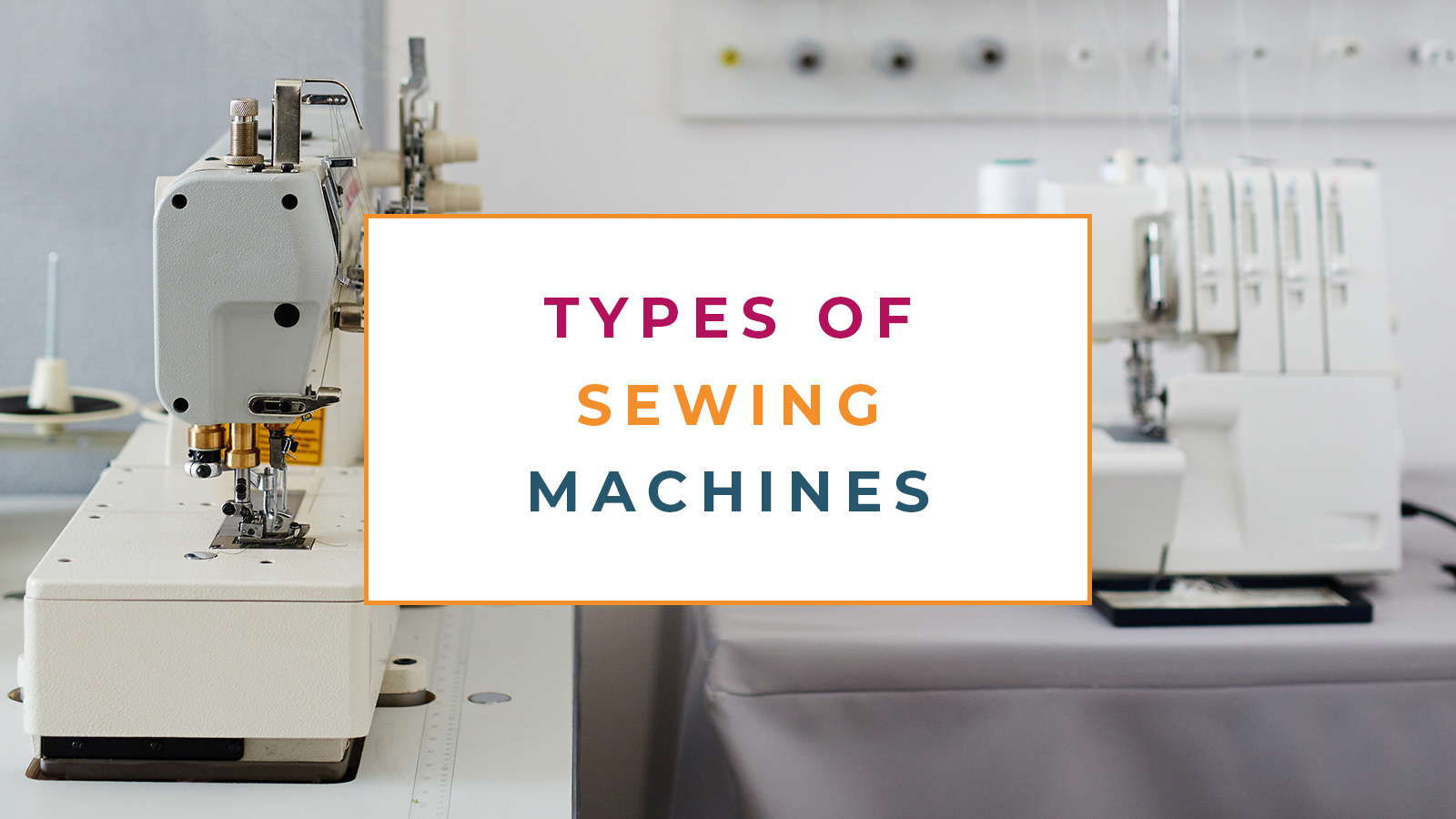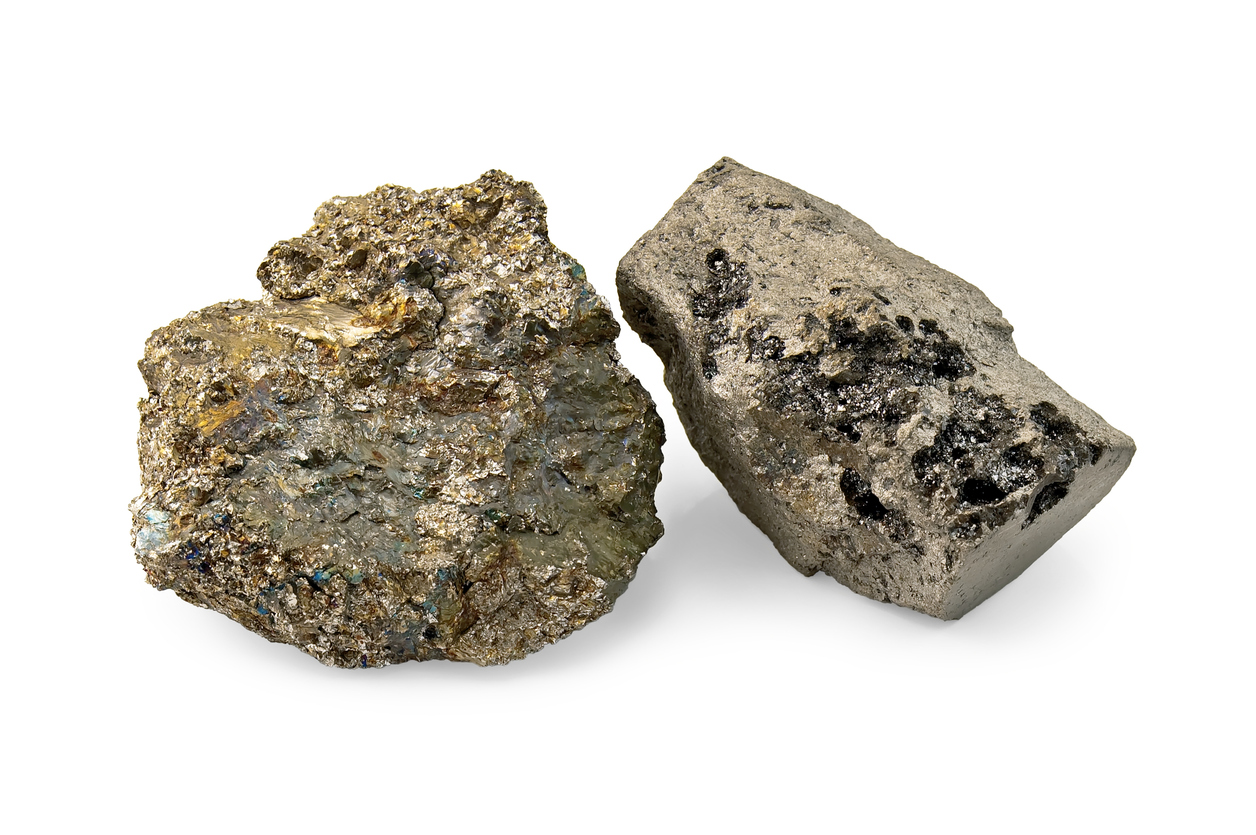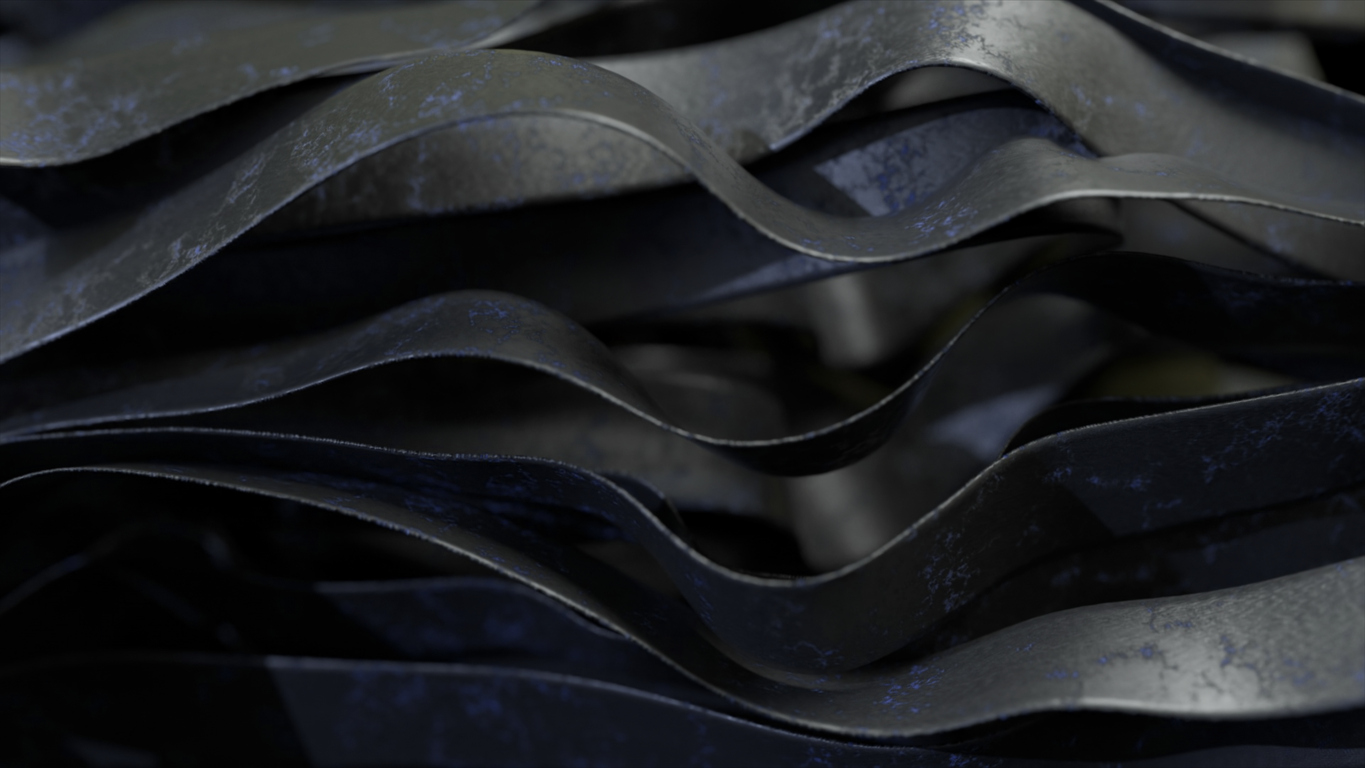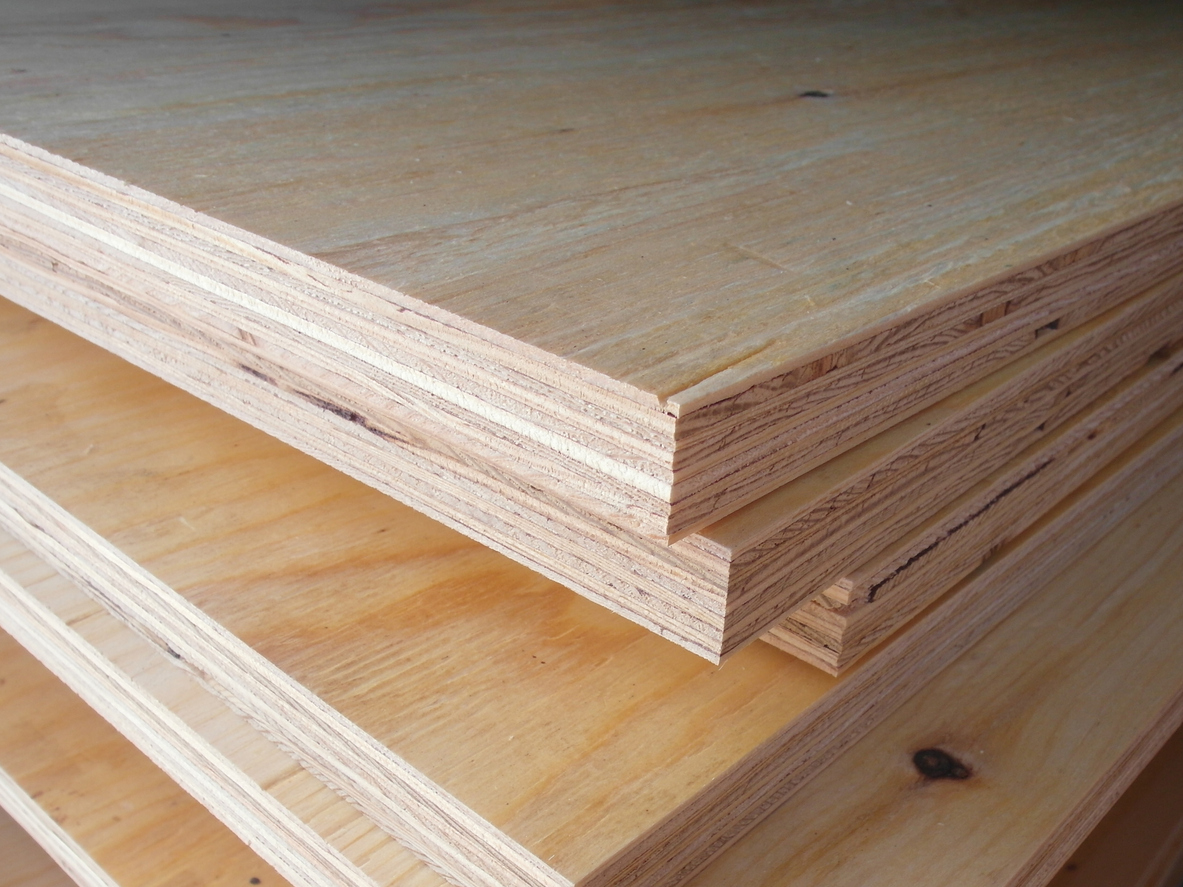A Guide to Different Types of Sewing Machines Available in Nigeria
A Guide to Different Types of Sewing Machines Available in Nigeria
Sewing machines are essential tools for any seamstress, tailor, or fashion designer. They allow for precise stitching and can save time and energy when compared to hand stitching. In Nigeria, there are a variety of sewing machines available to suit different needs and budgets. From manual sewing machines to industrial models, there is something to fit everyone’s needs. Whether you are a beginner or an experienced sewer, this guide will provide information on the different types of sewing machines available in Nigeria, as well as their features and benefits. With this knowledge, you can make an informed decision on which sewing machine is right for you. So if you’re ready to take your sewing to the next level, read on to learn more about the different types of sewing machines available in Nigeria.
Manual Sewing Machines
Manual sewing machines are the most basic type of sewing machine available in Nigeria. While they’re less expensive than other models, they’re also less versatile because they don’t have computerized features. However, they are an ideal choice for anyone who is just getting started with sewing. That’s because these machines are easy to use and inexpensive. They’re also portable and can be used on a variety of fabrics. Manual sewing machines can be used to create hems and sew seams, or they can be used to create a variety of decorative stitches. They are generally suitable for most types of fabric, but they should be used on heavy fabrics with caution. These machines have lower speed and tension settings, so they are not suitable for sewing thick fabrics. Manual sewing machines typically have a few basic parts. The most important parts include the feed dog, needle, and foot pedal. The feed dog is used to feed the fabric through the machine, while the needle is used to stitch the fabric. The foot pedal is used to control the speed of the machine. These sewing machines come in two main types: single-needle and double-needle. The difference between the two is that a single-needled machine has only one needle, while a double-needled machine has two needles. While a double needle is useful for sewing heavy fabrics, a single-needled machine is suitable for all fabrics.
Computerized Sewing Machines
Computerized sewing machines offer the advantages of both manual and mechanical machines. They are equipped with built-in sensors and computer chips, which enable them to perform a variety of functions. They are designed for intermediate sewers and are significantly more expensive than manual machines. However, they can be a good investment if you plan to do a lot of sewing. These machines can be used to sew a variety of fabrics, from thin fabrics, like silk and polyester, to heavy fabrics, like denim, and everything in between. This is due to the fact that computerized sewing machines have variable speeds and tensions. They also have built-in stitches, so you don’t have to manually select them. These machines are equipped with a built-in memory that stores your settings for later use. This means you can use the same settings for different fabrics, which saves time and effort. Computerized sewing machines are also equipped with a computer screen, so you can customize your settings. This allows you to adjust the speed, tension, and stitches, among other things. Manual controls on computerized sewing machines allow the user to manually adjust the speed and tension if necessary. This can be useful for sewing different fabrics or adjusting the settings for intricate sewing.
Embroidery Machines
Embroidery machines are a specialized type of sewing machine that is used to create designs using a needle and thread. They can be used to create intricate designs, such as decorative stitching, letters, and numbers. When used on fabrics with a sturdy backing, they can also be used to create decorative designs on different items, such as bags and scarves. Embroidery machines are designed for intermediate sewers who want to create intricate designs. These machines are used to create special effects on fabrics, such as letters or images, by sewing through the backing with the thread. While most fabrics can be sewn through with a machine, most fabrics can’t be used with an embroidery machine. To use an embroidery machine, the fabric must have a sturdy backing. If a fabric doesn’t have a backing, it can’t be sewn through with a machine. The only way to create an image on that fabric is to sew it by hand.
Overlock Machines
Overlock machines are used to sew seams and finish edges, such as hems. They are often used by tailors who specialize in creating formalwear and uniforms. Overlock machines are often used by tailors who specialize in formalwear and uniforms. Overlock machines are used to sew seams and finish edges, such as hems. They are often used for sewing thick fabrics, like denim, or fabrics with thicker edges, such as fabrics with ribbons or cording. While overlock machines are great at sewing seams, they are not suitable for sewing decorative stitches. This means they can’t be used to create decorative designs on fabrics. However, overlock machines are incredibly versatile due to the fact that they are used for finishing edges. This allows them to be used to sew a wide variety of fabrics. Overlock machines are perfect for sewing thick fabrics, such as denim, or fabrics with thicker edges, like fabrics with ribbons or cording.
Lockstitch Machines
Lockstitch machines are used to sew fabrics together by stitching two pieces of fabric with a visible stitch. While they are not generally used to create decorative stitches, they can be used to sew a variety of fabrics, from heavy fabrics to thin fabrics. Lockstitch machines are used to sew fabrics together by stitching two pieces of fabric with a visible stitch. This is the most common type of machine used in commercial and industrial settings. It is also commonly used by tailors who specialize in creating formalwear and uniforms. Lockstitch machines are generally used to sew fabrics together, rather than to create decorative stitches. However, they can be used to sew thin fabrics, such as silk, or heavy fabrics, such as denim. They can even be used for sewing fabrics that are thick, like canvas.
Industrial Sewing Machines
Industrial sewing machines are designed for heavy-duty sewing, such as for upholstery, textile manufacturing, and other industrial uses. They are designed for industrial applications and can’t be used for domestic sewing. Industrial sewing machines are often used in commercial and industrial settings. They are designed for heavy-duty sewing and can’t be used for domestic sewing. Industrial sewing machines are often used in commercial and industrial settings. These machines are designed for heavy-duty sewing and can’t be used for domestic sewing.
Benefits of Sewing Machines
Sewing machines make sewing easier and more efficient. They can be used to sew a variety of fabrics and can be used for decorative stitching. They can also be used for heavy duty applications, such as upholstery. Sewing machines are also versatile. They can be used to sew fabrics that are thicker, such as denim, or thinner fabrics, like silk. While sewing machines can be used for a variety of fabrics, they are especially useful when sewing heavier fabrics. For example, they can be used to sew a denim pants leg closed instead of hand stitching the leg closed.
Tips for Choosing the Right Sewing Machine
When shopping for a sewing machine, there are a few things to keep in mind. First, determine what you plan to use the sewing machine for. This will help you select the right type of machine for your needs. Next, consider your budget and how much you plan to spend on the sewing machine. Finally, consider the size of the machine. Smaller machines are easier to store and are often more portable, but they may not be as powerful. If you’re ready to make the leap from hand stitching to using a sewing machine, this guide can help you find the right machine for your needs. No matter what type of sewing machine you choose, there is no better feeling than knowing that you made your garment from scratch.
Conclusion
Sewing machines make sewing easier and more efficient. They can be used to sew a variety of fabrics and can be used for decorative stitching. They can also be used for heavy duty applications, such as upholstery. Sewing machines are also versatile. They can be used to sew fabrics that are thicker, such as denim, or thinner fabrics, like silk. While sewing machines can be used for a variety of fabrics








LEAVE A COMMENT
You must be logged in to post a comment.